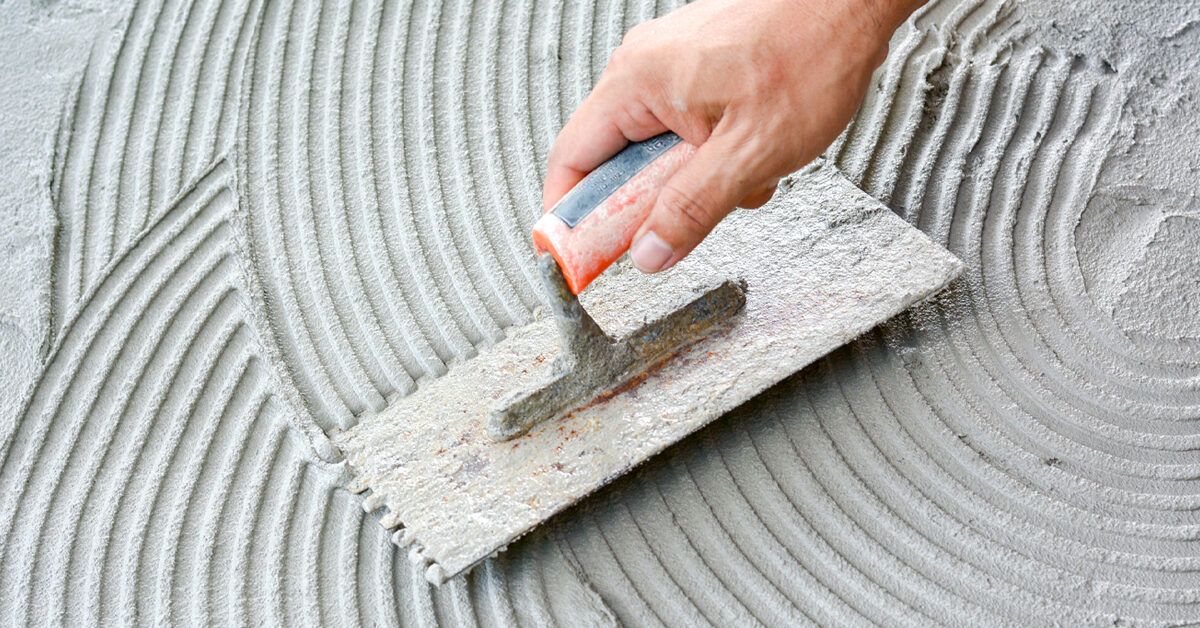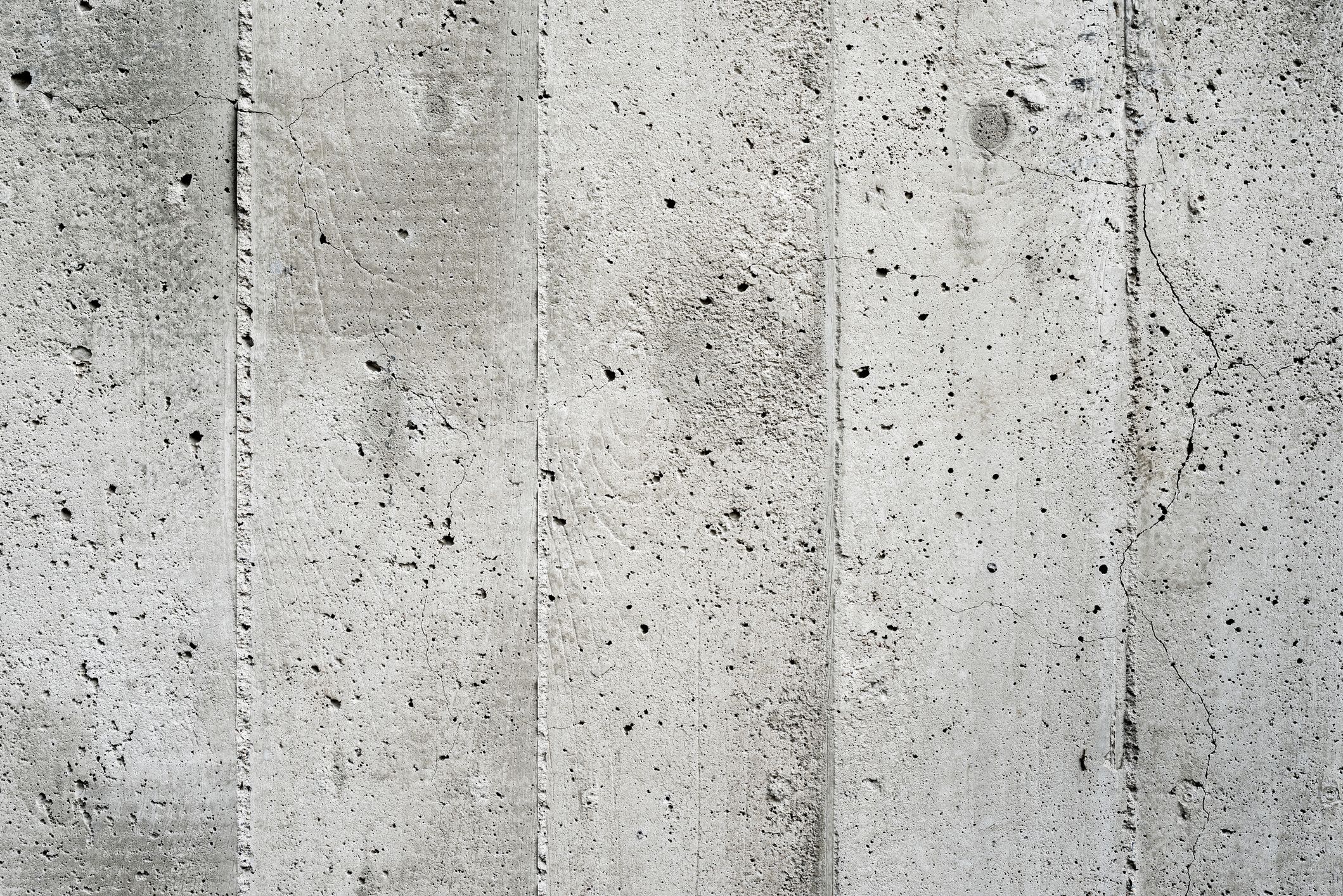Leading Concrete Contractors: Reputable and Specialist Concrete Job
Leading Concrete Contractors: Reputable and Specialist Concrete Job
Blog Article
Revealing the Eco-Friendly Advantages of Using Recycled Concrete in Sustainable Construction Practices
In the realm of sustainable construction techniques, the utilization of recycled concrete stands as a pivotal yet frequently undervalued resource. Beyond its standard applications, recycled concrete offers a myriad of green benefits that expand much beyond the confines of typical building and construction products. From reducing ecological impact to boosting cost-efficiency, the effects of including recycled concrete in lasting structure techniques are substantial. This versatile product not just addresses pressing ecological worries however additionally offers a practical solution to the difficulties dealt with by the construction sector at huge.
Ecological Advantages
By incorporating recycled concrete right into building and construction methods, there is a considerable decrease in the need for brand-new raw products, leading to preservation of all-natural resources. Furthermore, the usage of recycled concrete lessens the amount of waste being sent to garbage dumps, therefore lowering ecological air pollution and relieving the stress on landfill abilities (Concrete).

In contrast, recycled concrete has a reduced carbon impact as it minimizes the need for brand-new concrete production. In general, the environmental benefits of utilizing recycled concrete are substantial and play a critical function in advertising environment-friendly building and construction methods.
Cost-Efficiency
Attaining cost-efficiency is a paramount consideration when examining the application of recycled concrete in building and construction projects. One of the key advantages of utilizing recycled concrete is its cost-effectiveness contrasted to standard concrete.
Furthermore, using recycled concrete can result in cost savings in land fill costs by diverting concrete waste from disposal sites. This not only minimizes the environmental effect but likewise removes the prices connected with waste elimination. The toughness and performance of recycled concrete are comparable to traditional concrete, guaranteeing that expense savings do not compromise the top quality of the building and construction.
Toughness and Toughness
Recycled concrete deals comparable, if not premium, toughness and strength buildings to conventional concrete - Concrete. Via advancements in handling methods and top quality control, recycled concrete can satisfy or go beyond the efficiency criteria of standard concrete.

Waste Reduction
Reliable waste decrease practices play a vital duty in the sustainable utilization of sources within the building and construction industry. Waste decrease is a key advantage that adds substantially have a peek at this site to environmental preservation when it comes to using recycled concrete. Typical building and construction methods frequently generate significant quantities of waste, specifically in the kind of concrete rubble from demolition websites. By including recycled concrete into building jobs, this waste is repurposed and drawn away from land fills, decreasing the general environmental influence of building tasks.
In addition, the use of recycled concrete can lead to cost financial savings for building jobs, as it is usually much more budget friendly than sourcing and transporting new products - Concrete. In verdict, waste decrease via the usage of recycled concrete is a crucial part of sustainable construction methods that benefits both the setting and the building market as a whole.
Energy Conservation
Energy conservation is a crucial facet of lasting building techniques, aiming to decrease the general power consumption linked with building operations and materials production. When it comes to utilizing recycled concrete in building, significant power cost savings are achieved contrasted to conventional concrete manufacturing. The procedure of creating recycled concrete includes crushing and recycling existing concrete webpage materials, which consumes less energy than mining, handling, and carrying basic materials for new concrete manufacturing. Furthermore, using recycled concrete can help decrease the need for virgin aggregate, further decreasing the energy-intensive extraction and handling of natural sources.
Final Thought
Finally, the use of recycled concrete in lasting building and construction practices supplies countless environmental benefits, cost-efficiency, resilience, toughness, waste reduction, and power conservation. By including recycled concrete into construction jobs, we can add to a more eco friendly and sustainable future. It is essential for the building market to prioritize making use of recycled products to assist decrease the environmental influence of building and construction activities.
One of the essential advantages of using recycled concrete is its cost-effectiveness compared to standard concrete.Furthermore, the usage of recycled concrete can lead to financial savings in landfill prices by diverting concrete waste from disposal websites. The toughness and efficiency of recycled concrete are equivalent to standard concrete, guaranteeing that cost savings do not jeopardize the top quality of the building.

Report this page